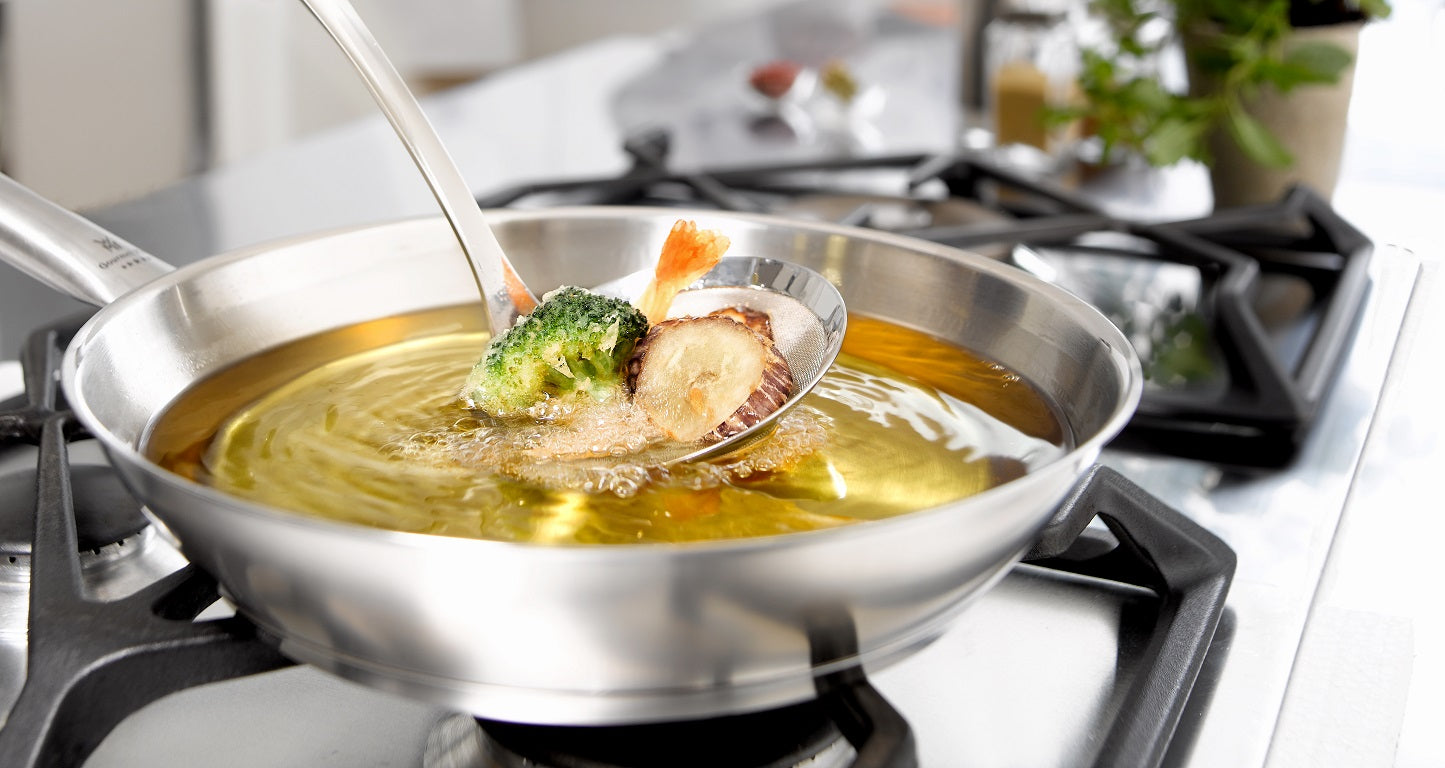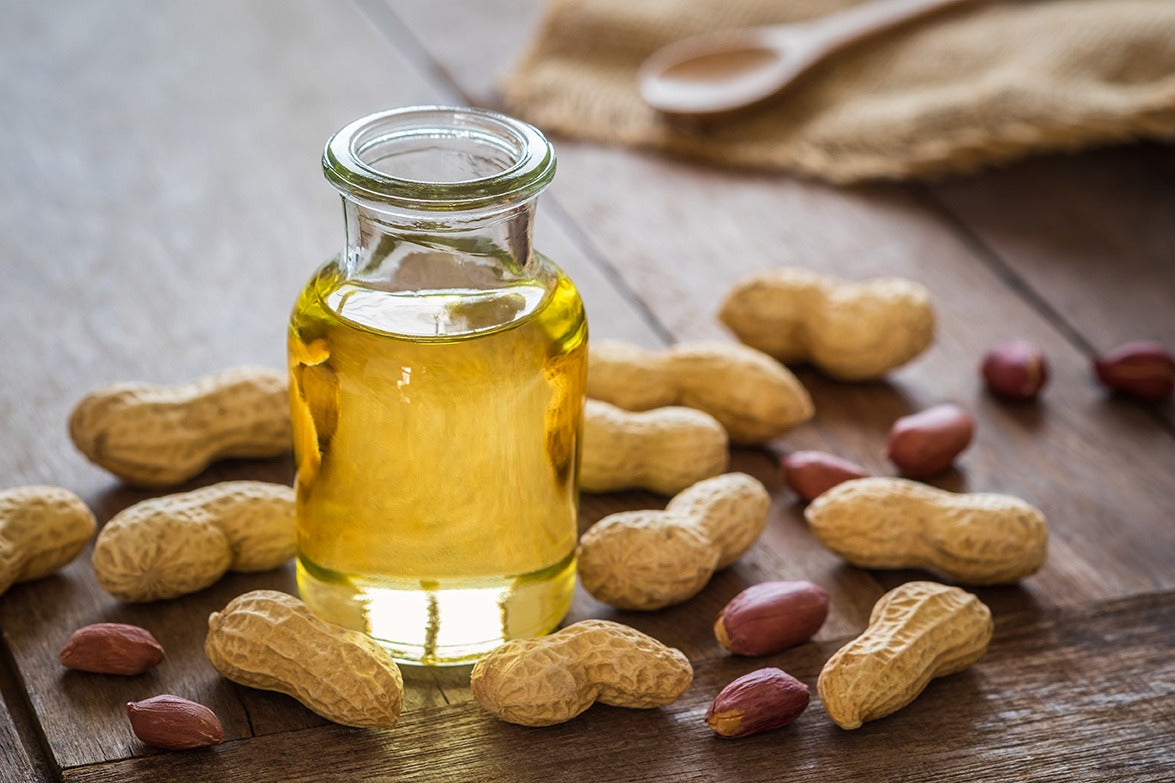Are you tired of unpleasant smells coming from your kitchen sink? The kitchen is often considered the heart of the home, but sometimes it can harbor some nasty odors, particularly from the sink drain. Thankfully, there are effective and simple solutions for how to clean kitchen sink drain smell that you can easily tackle at home. In this comprehensive guide, we'll explore what causes these odors and provide actionable steps to eliminate them.

Understanding the Causes of Kitchen Sink Drain Smell
Food Residue and Grease Build-up
One of the primary causes of unpleasant drain smells is the build-up of food residue and grease. When you wash dishes, small food particles and grease can adhere to the insides of your drain pipes. Over time, these particles decompose and generate foul smells. This is a common issue that many homeowners face, but it's also easy to address with regular cleaning.
Bacteria and Mold
Another common cause of odors from your kitchen sink drain is the growth of bacteria and mold. These microorganisms thrive in moist environments, making your drain the perfect breeding ground. When they multiply, they produce gases that contribute to the unpleasant scent. Eliminating these organisms can significantly reduce the smell.
Plumbing Issues
Sometimes, the issue isn't just about what goes down the drain but also involves the plumbing itself. Poorly installed or damaged pipes can create pockets where water and debris accumulate, leading to bad smells. In such cases, you might need to consult a professional plumber to resolve the underlying problem.

Effective Methods to Clean Your Kitchen Sink Drain
Boiling Water Method
The simplest method to clean your kitchen sink drain is by using boiling water. Boiling water can help loosen and flush away grease and food residues that are causing the smell.
Steps:
- Boil a kettle of water.
- Carefully pour the boiling water down the drain in stages.
- Wait for a few minutes to let the hot water do its job.
- Repeat if necessary.
Baking Soda and Vinegar
Baking soda and vinegar are natural deodorizers and can effectively clean your drain.
Steps:
- Pour about half a cup of baking soda down the drain.
- Follow it with a cup of white vinegar.
- Let the mixture fizz and sit for about 15-20 minutes.
- Rinse with hot water.
Lemon and Baking Soda Scrub
This method not only cleans the drain but also leaves a fresh citrus scent.
Steps:
- Mix equal parts of baking soda and lemon juice to form a paste.
- Apply the paste around the drain opening and scrub with a brush or sponge.
- Rinse thoroughly with hot water.
Using Commercial Drain Cleaners
If natural methods don't work, commercial drain cleaners can be an effective alternative. Be sure to follow the instructions on the product for safe and effective use.

Preventive Measures to Keep Your Drain Smelling Fresh
Regular Cleaning
Regular maintenance is key to prevent the build-up of food, grease, and bacteria. Consider cleaning your drain at least once a week using one of the methods mentioned above.
Proper Waste Disposal
Avoid putting fats, oils, and grease down the drain as they are major contributors to bad smells. Dispose of them in the trash instead. Also, use a sink strainer to catch food particles and prevent them from going down the drain.
Use of Enzyme Cleaners
Enzyme-based drain cleaners can be used regularly to break down organic material and prevent odors. These cleaners are safe for your pipes and for the environment.

When to Call a Professional
If you've tried all the above methods and the bad smell persists, it might be time to call a plumber. Persistent odors could indicate a more serious issue with your plumbing system that requires professional attention.
External Resources
For more tips on maintaining a clean kitchen, check out this comprehensive kitchen cleaning guide.
Frequently Asked Questions
How often should I clean my kitchen sink drain?
It's a good idea to clean your kitchen sink drain at least once a week to prevent the build-up of food particles and grease.
Can I use bleach to clean my kitchen sink drain?
Yes, you can use a diluted bleach solution to disinfect and clean your drain. However, be mindful of the amount and frequency to avoid damaging your pipes.
What should I do if none of the methods work?
If you've tried all these methods and the smell persists, it's best to call a professional plumber. Persistent odors might indicate a deeper plumbing issue.
As an Amazon Associate, I earn from qualifying purchases.






Leave a comment
This site is protected by hCaptcha and the hCaptcha Privacy Policy and Terms of Service apply.